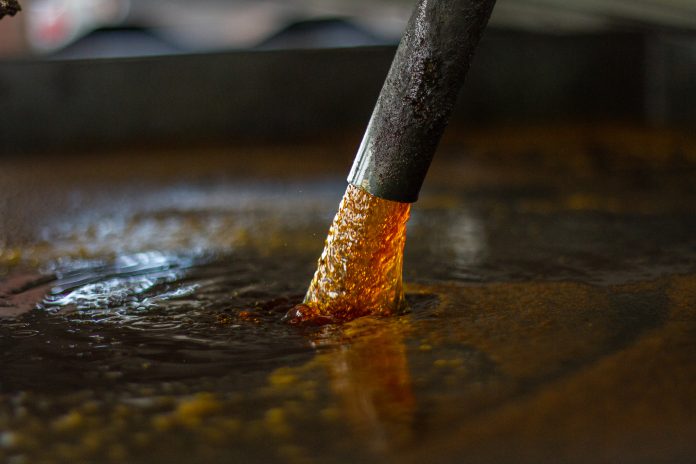The Malaysian government has criticised a recent vote by the French National Assembly to exclude palm oil biofuels as “unwarranted and unjust.” Officials in Malaysia warn the decision threatens the livelihoods of the country’s small farmers.
More than 650,000 Malaysian small farmers rely on palm oil, according to the country’s government.
As reported by FoodIngredientsFirst online, the proposal by the French National Assembly is causing major concern for the Malaysian government as the country, alongside Indonesia, is one of the world’s largest producers of palm oil. It comes as Norway has also taken a similar step against palm oil.
Minister of Malaysia’s Primary Industries, Teresa Kok, said: “This is a most unwelcome decision and goes against the very principles of free and fair trade. The vote by the Parliamentarians is alarming and deserves the strongest condemnation”.
Kok said France’s action to ultimately exclude the usage and importation of palm oil as part of the approved renewable energy mix could consequently affect our bilateral trade relations.
“I appeal to the French authorities to reconsider this anti-palm oil vote or be ready to face retaliatory actions on bilateral trade and other ongoing collaborations from all palm oil producers,” she adds.
But France is not alone. Norway has also recently moved to ban palm-based biodiesel. What is more, the European Union had also supported a ban on the use of palm oil in biofuels from 2021, but then later agreed that palm oil usage in transport fuels would be capped at 2019 levels until 2023 and reduced to zero by 2030.
According to FoodIngredientsFirst online, the Roundtable on Sustainable Palm Oil (RSPO) is working towards making sustainable palm oil the norm through a process of market transformation and has a goal to reach 100% certified Sustainable Palm Oil in Europe by 2020. This target is echoed in national industry initiatives and signatories to the Amsterdam Declarations governments such as the UK, Denmark, France, Germany, Italy, Norway and the Netherlands.
The moves by France and Norway sets an example towards market-based deforestation combating policies and demonstrates the polarizing and complicated nature of this edible vegetable oil which goes into so much of the world’s food products and is used to produce both methyl ester and hydrodeoxygenated biodiesel as well as in the cosmetics and personal care industries, among others.

